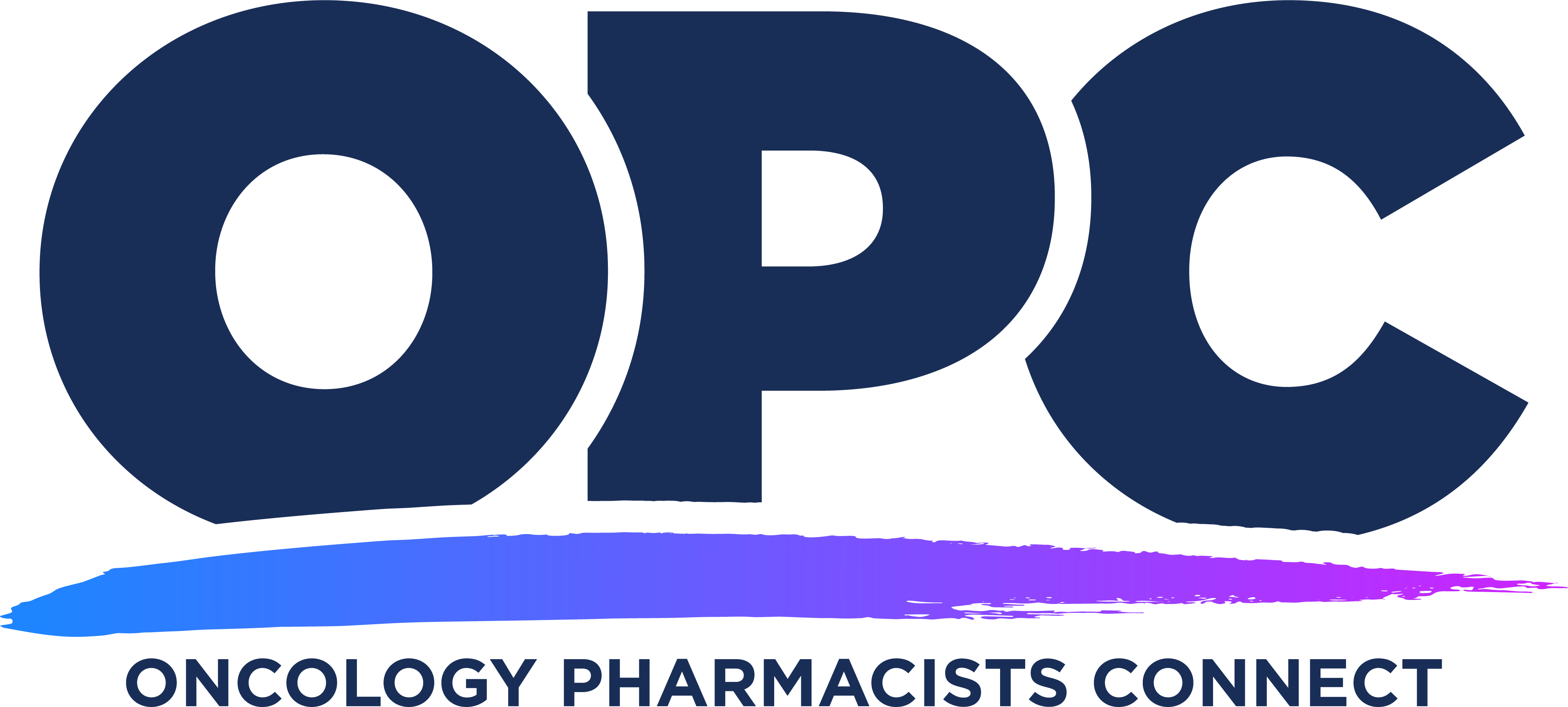
INDIGO Trial Provides First Randomized Data Supporting Use of IDH Inhibitor in Patients With IDH1/2 Mutating Gliomas

Heidi Finnes, PharmD, BCOP, FHOPA, addresses how the study data may impact the treatment of IDH1/2 mutating gliomas going forward.
Grade 2 gliomas are slowly progressive, malignant brain tumors with a poor long-term prognosis, explained Heidi Finnes, PharmD, BCOP, FHOPA, director of Clinical Ambulatory Pharmacy Practice, Mayo Clinic, during the inaugural
Further, mutations in IDH1/2 occur in approximately 80% and 4% of grade 2 gliomas, respectively. Current treatments, which include surgery followed by observation or adjuvant radiation and chemotherapy, are not curative and can cause short- and long-term toxicities. The phase 3, randomized, double-blind INDIGO trial (NCT04164901) assessing vorasidenib (VOR; Servier) as a targeted therapy in grade 2 IDH glioma looked to address this unmet need in patients with residual/recurrent grade 2 glioma and IDH1/2 mutation.
Finnes noted that the primary trait for treatment for most gliomas is resection. As adjuvant therapy, people can have observation, radiation therapy, or chemotherapy treatment, with regimens such as procarbazine (Matulane, Leadiant Biosciences), lomustine (Gleostine, CordenPharma), and vincristine (PCV) or temozolomide.
“Now, most patients actually prefer the observation method, which is why the VOR trial has placebo as the comparator arm,” Finnes said. “Patients in this trial had recurrent or residual grade 2 gliomas that have that IDH1/2 mutation. They did not have high-risk features, which was somewhat up to the individual provider to recognize that there was no need for immediate treatment in any of these patients and they had to have had greater than 1 prior surgery in the last 1 to 5 years.”
Patients were randomized 1:1 to receive VOR at 40 milligrams once daily versus placebo in 28-day cycles. Patients were stratified by 1p19q status and baseline tumor size. The primary endpoint was progression-free survival (PFS) by blinded independent radiology committee (BIRC), with a secondary endpoint being time to next intervention (TTNI).
The median age of patients in this trial was 40 years and there was a median time of 2.4 years between surgery and randomization. The PFS was 27.7 months in the VOR group vs 11.1 months in the placebo group.
“At 24 months, 83% of placebo patients had moved on to the next treatment versus 27% of patients in the VOR group. So definitely some positive outcomes there,” Finnes said. “The benefit was also seen across all subgroups in patients over and under age 40, longer distance since surgery, and in the presence or absence of that 1p19q.”
During the trial, patients in the placebo group were allowed to crossover to the VOR group, and with that group, 52 people crossed over out of 58 disease progression events.
“You can see the adverse events listed at about 23% had grade 3 or grade 4 adverse events in the VOR group. There were some dose reductions but very few discontinuations,” Finnes said. “For all-grade toxicities, there are big differences between the VOR and the placebo group, or in the diarrhea arm.”
Specifically, all-grade adverse events (AEs) occurring in more than 20% of patients receiving VOR vs placebo were alanine aminotransferase increased (38.9% vs 14.7%, respectively), COVID-19 (32.9% vs 28.8%), fatigue (32.3% vs 31.9%), aspartate aminotransferase increase (28.7% vs 8.0%), headache (26.9% vs 27.0%, respectively), diarrhea (24.6% vs 16.6%, respectively), and nausea (21.6% vs 22.7%, respectively).
Finnes noted that INDIGO is the first prospective, randomized phase 3 study of a targeted therapy in grade 2 mutant forms of IDH (mIDH) glioma. VOR was shown to significantly improve PFS by BIRC review compared with placebo with a manageable safety profile. These data are significant as they show the clinical benefit of VOR in patients with mIDH for whom chemotherapy and radiotherapy are being delayed.
“The INDIGO trial is really the first randomized data that show the support of the use of an IDH inhibitor for patients who have IDH1/2 mutating gliomas,” Finnes said. “Now I should also pause and say that 70% of patients had an IDH1 mutation and only about 5% had an IDH2 mutation. It should be noted that VOR is not yet an FDA-approved drug, but it has been fast tracked by the FDA in March 2023.”
However, something that requires consideration for this trial is that many patients know and are in favor of delaying radiation and any sort of treatment, and find that attractive in the treatment of their stage 2 gliomas.
“But we don't know how VOR currently compares, because none of the patients in this trial had had prior treatment,” Finnes said. “We don't know if there's an effect on sequence, particularly with chemotherapy, and if chemotherapy changes those IDH1/2 mutations in a manner prior to treatment. So I think that's something to think about.”
Reference
Finnes H. Advancing Patient Care in Melanoma With Immunotherapy and Targeted Therapy. Presented at: 2023 PTCE Oncology Pharmacists Connect in Austin, Texas; June 17, 2023.
Newsletter
Stay informed on drug updates, treatment guidelines, and pharmacy practice trends—subscribe to Pharmacy Times for weekly clinical insights.


























